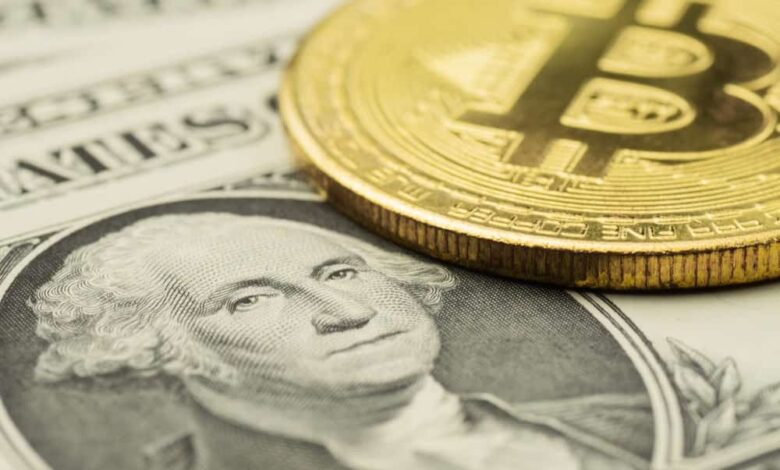
Understanding the Debate: Potential U.S. Bitcoin Reserve Under Trump Administration
The Economic Impact of a National Bitcoin Reserve
As the cryptocurrency world eagerly watches the new developments under the incoming Trump administration, there is growing speculation about the potential establishment of a Bitcoin (BTC) reserve. However, this idea has faced significant criticism from economists who warn of its possible adverse effects on the economy.
Steve Hanke’s Perspective on Bitcoin Reserves
Renowned economist Steve Hanke, a professor of Applied Economics at Johns Hopkins University, has been vocal about his opposition to the concept of a national Bitcoin reserve. He describes the idea as misguided, arguing that redirecting savings into cryptocurrencies like Bitcoin can detract from economic growth and productivity. In a social media post on January 6, Hanke shared his insights, emphasizing that investments in Bitcoin do not contribute to the development of real capital assets, which are essential for driving production and economic advancement.
The Argument Against Idle Investments
Hanke elaborates that funds invested in Bitcoin behave similarly to money spent on purchasing timeless art – they remain dormant and do not support tangible projects that could enhance productivity. This lack of real-world application for Bitcoin savings, he argues, makes the concept of a U.S. Bitcoin strategic reserve impractical.
The Foundation of Economic Prosperity
According to Hanke, true economic prosperity is firmly rooted in productivity rather than speculative investments. He warns that channeling resources into non-productive assets like Bitcoin could have detrimental long-term effects on a nation’s financial health. He has consistently criticized governments that adopt digital currencies and was a vocal opponent of El Salvador’s decision to make Bitcoin legal tender.
Controversial Comments and Criticisms
Hanke has not shied away from expressing his skepticism about Bitcoin. In 2024, he referred to cryptocurrency investors as having questionable motivations, citing research from the University of Toronto. His critical stance is well-known within the financial community.
Trump’s Bitcoin Reserve Proposal: A Polarizing Topic
As President-elect Trump prepares for his inauguration, his administration’s potential embrace of Bitcoin remains a contentious issue. While Trump has appointed regulators with favorable views toward cryptocurrencies, the proposal to create a Bitcoin reserve has sparked diverse reactions.
Uncertainty Surrounding the Proposal
The likelihood of Trump implementing a Bitcoin reserve in the early days of his administration appears to be decreasing. Betting markets, such as Polymarket, suggest only a 31% chance of this occurring by late April. The hesitancy is partly due to comments from Federal Reserve Chair Jerome Powell, who stated that the institution is prohibited from holding Bitcoin, leading to a notable decline in Bitcoin’s market value.
Strategic Objectives of the Trump Administration
Despite the uncertainty, Trump and his supporters are focused on establishing the U.S. as a leading force in the global cryptocurrency space. Creating a Bitcoin reserve is seen as a potential strategic move in this direction, but the path forward remains unclear.
Conclusion
The debate over the establishment of a Bitcoin reserve under the Trump administration highlights the broader discussions about the role of digital currencies in national economies. While some see it as a step toward innovation and leadership in the cryptocurrency sector, others caution against the economic risks associated with speculative investments. As the situation unfolds, the world continues to watch closely, eager to see how this bold idea may or may not come to fruition.
“`







